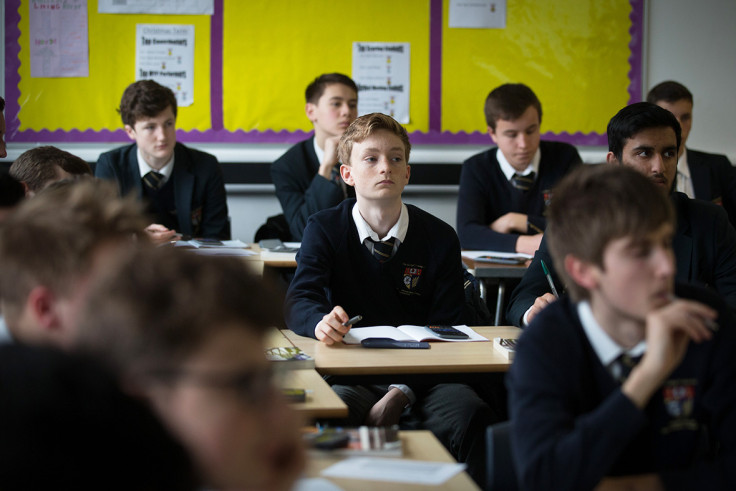Deprived students in the north are a full GSCE grade behind the rest of England
Students from deprived areas in London still perform 6.5 points better than their peers in the north.

Pupils from disadvantaged backgrounds in the north of England are on average a full GCSE exam grade lower in core subjects than their counterparts in the rest of the country, new research has shown.
According to the Educating the North study, students from poor areas in the north achieve an average GCSE score of 39.9 across the main eight subjects.
The figure is 13 points below the national average and is approximately the equivalent of achieving Cs instead of Bs at the GCSE exams taken by 15 and 16-year-olds. The study, which was carried out by the Northern Powerhouse Partnership, found that pupils from deprived backgrounds in London still perform 6.5 points better than their peers in the north.
When wealthier areas are factored into the equation, students based in the north of England remain behind their counterparts in other regions of the country. On average, they are a third of a grade below the national standard across all subjects and almost half a grade lower in mathematics.
The report, which found girls in the north outperform boys across core subjects by a score of 47.7 to 42.5, recommended government funding to local authorities should be increased by approximately £300m to ensure the gap is bridged.
"Too little has been done by Whitehall and in the north about this challenge," the Partnership's Lord O'Neill said, according to the Sunday Times.
Last week, Simon Clarke, MP for Middlesbrough South and East Cleveland said the gap between pupils from deprived in areas in the north and their peers in better off area was a "social scandal".
In August last year, the Education Policy Institute found pupils who had been "persistently disadvantaged" - meaning they were entitled to free school meals for at least 80% of their time at school - were academically two years behind others.
The thinktank said the gap had widened over the decade by 0.3 months to 24.3 months. However, for all those who had experienced disadvantage while at school, the gap between them and their peers at 16 had narrowed slightly by three months of learning since 2007, to 19.3 months.
Disadvantaged pupils fall behind their more affluent peers by around two months each year over the course of secondary school.




















